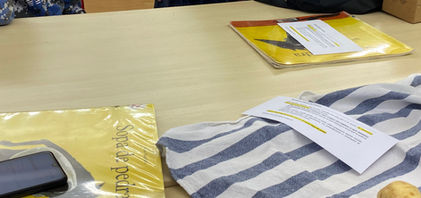top of page


Hybridization contexts between literacies
for a plurilingual education
Strategies and challenges in new learning environments

The hybridization of literacies as a tool for learning construction
The School Plurilingualisms and Language Learning Research Group (known in Catalan as PLURAL, Plurilingüismes Escolars i Aprenentatge de Llengües) presents this project based on a realitzation:
society faces unprecedented challenges after the pandemic. Several significant social changes
have taken place, leading us to value and reinforce our education research.
As a research group, whose position is based on empirical, situated and participant research, we are interested in:
Investigate, describe and detect
displacements and readjustments
that have occurred both in the
conceptions of learning
and in the literacies involved
in the creation of knowledge.
Promote and implement educational
-and reflective- actions that could create fluid, dynamic and
permeable lines between school, family and university literacies.
Analyze and evaluate the impact that these actions can cause in the thought systems
and activities in the various spheres -and between them- for an improvement
of learning conditions in multicultural
and multilingual contexts.
The project "Hybridization contexts between literacies for a plurilingual education. Strategies and challenges in new learning environments" (briefly, HILIPLU), it is articulated around the concept of literacy and incorporates families as activity systems, which
are today of capital importance in relation to how teaching and learning modalities are understood in school.
01. Why?
There is a lack of in-depth studies that
evaluate what is the role of families in
the teaching-learning of reading.
Family literacy is often seen from a
deficit perspective and, therefore,
forgotten in the school context.
It is necessary to overcome the dichotomous and disassociating home-center relationship and favoring the creation of spaces that contribute to the union of the family and
school sphere.
02. For what?
Opening of a third space favors meaningful learning and allows the children's linguistic repertoires to be valued in order to build meanings together.
Vernacular social practices generate knowledge and allow the construction of new literacy experiences, which contribute positively and affectively to the learning of reading.
Schools can facilitate the interconnection between cultural practices, knowledge, ways of learning, the values of the students and their families (vernacular practices) and the school's discourse (dominant practices) so that the students can move between literacies without experiencing a tension between these two domains.
03. How?
Share reading workshops
In the initial stage of Primary education (1st & 2nd year).
Participation of children and families from different origins and a teacher as a facilitator of the workshop.
bottom of page


















